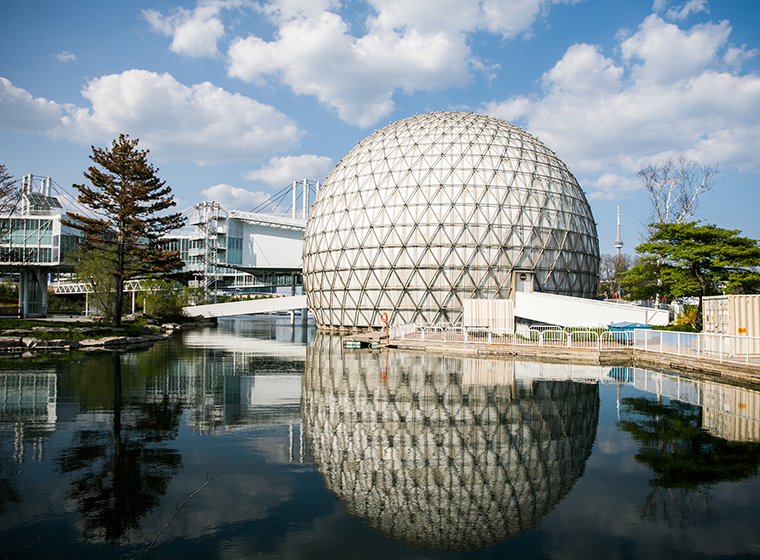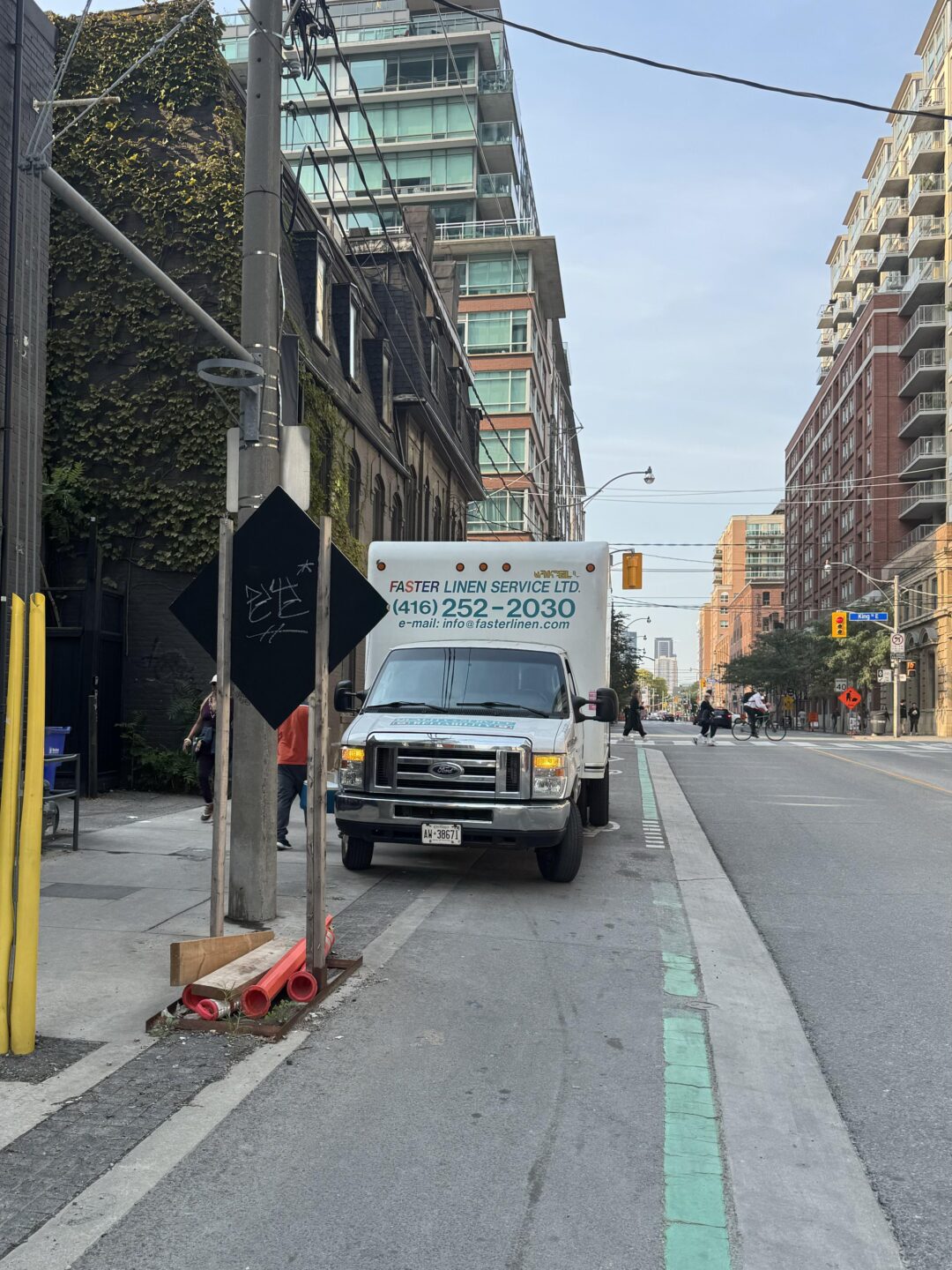The fate of Ontario Place is now tied to the fate of our democratic rights. The next court case brought by Ontario Place Protectors will likely determine whether Canadian governments have the power to retroactively exempt themselves from having to obey laws, and whether they can escape judicial scrutiny when they commit acts of misfeasance (abuse of government power).
Ontario Place For All brought the first court case regarding Ontario Place, arguing that the government violated the Environmental Protection Act and the Environmental Bill of Rights when it did not conduct environmental assessments for its planned project.
A week later, the Ford government introduced Bill 154 to declare that many provincial and municipal laws, including planning laws, do not apply to its Ontario Place plans. The bill also states that the government cannot be held accountable, even by courts of law, for any breach of contract or act of misfeasance in this project.
Essentially the government put itself above the law. The bill was passed last December with all voting non-Conservative MPPs opposed.
In early June, a court dismissed Ontario Place for All’s case, citing Bill 154. But the next lawsuit, brought by a similarly named group – Ontario Place Protectors – argues Bill 154 is unconstitutional because it strips the courts of their constitutional power to make judgments when the government has broken the law.
Eric Gillespie, the lawyer acting for Ontario Place Protectors, says that if Bill 154 is allowed to stand it would apply not just to Ontario Place, but it would be a blueprint for future governments that want to put themselves above the law and exempt themselves from judicial controls.
This is not the first time the Conservative government has passed legislation that strips Ontarians of democratic rights. It passed three bills that used the notwithstanding clause of the Charter of Rights and Freedoms to strip Ontarians of fundamental freedoms and legal rights. Among the legal rights stripped are rights to freedom of speech, religion and association, rights preventing arbitrary detention and the right to see a lawyer without delay if you are arrested.
Premier Ford has said that he will use the notwithstanding clause without hesitation, and federal Conservative leader Pierre Poilievre has indicated that he will also use the notwithstanding clause to strip all Canadians of their democratic rights.
But these attacks do not end here. Because of the Ford government, we no longer have what we had presumed was the right to democratic municipal elections. When Ford changed the rules of Toronto’s municipal elections in 2018, a charter challenge went to the Supreme Court. In a 5-4 decision, the court ruled that Canadians do not have the right to democratic municipal elections.
Under section 3 of the Charter, we have the right to democratic federal and provincial elections, but the Charter is silent on municipal elections. So democratic municipal elections are not a constitutional right.
With this newfound power, the Ford government passed the misleadingly named “Strong Mayors” bills, which stripped Ontario’s largest municipalities of the right to majority vote decisions. Before those laws, a majority vote of mayors and elected councillors made decisions. Now, the mayor and one-third of councillors can overrule a vote by two-thirds of councillors.
The Conservative government in Alberta is also utilizing this newfound power to pass legislation stripping Albertans of their municipal democratic rights.
Just as dangerously, the Ford government has taken over an independent committee that appoints judges. Ford has said that he does not want to appoint Liberal or NDP judges; he wants Conservative judges. Even his attorney general admitted in the Legislature that this would be an inappropriate overreach. But the attorney general himself has been caught personally interviewing candidates for the position of Ontario’s chief justice.
The Conservative government has also been appointing Conservative insiders to the committee that selects judges and members of provincial tribunals. The Ontario Land Tribunal now decides in 97 per cent of its cases in favour of developers.
Our cultural institutions like Ontario Place and the Ontario Science Centre are important legacies meant to be passed down to future generations. But the most important legacy to pass on is our democratic rights. The Ontario Place Protectors court case is about much more than Ontario Place or the Science Centre. It is a fight for the democratic rights of Canadians.
Chris Glover, Spadina-Fort York MPP
416-603-9664




